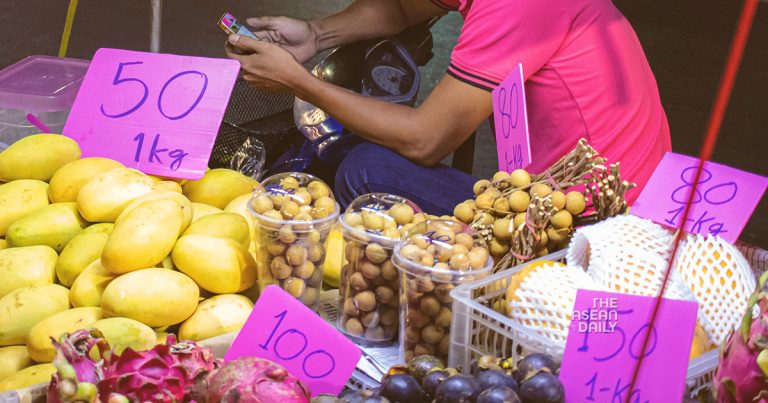1-8-2023 (BANGKOK) Thailand’s fruit exports are expected to encounter a slowdown in the latter half of 2023, with China being identified as the primary source of growth, according to a recent report by the Kasikorn Research Center, based in Bangkok.
The report highlights several challenges that may impact the fruit export industry in the second half of the year. These challenges include the passing of the peak season, potential economic slowdown in major export markets, and the effects of climate change on fruit quality and yield. Such factors could lead to a decline in the total value of Thailand’s fruit exports for the rest of the year.
Amidst these challenges, fresh and refrigerated fruits are anticipated to experience growth in exports, largely driven by the recovery of trade with China. However, canned and processed fruits may face declining exports due to reduced orders from markets like the United States and the European Union, as mentioned in the report.
In the initial six months of 2023, Thailand’s fresh, refrigerated, and processed fruit exports collectively achieved a total value of 5.5 billion U.S. dollars, displaying a year-on-year growth of 10.3 percent. This growth can be attributed to the recovery from a low base in 2022 and the robust demand from China, one of Thailand’s major export markets for fruits.
Considering the challenges ahead, the report projects an estimated overall growth of approximately 2.3 percent for Thailand’s fruit exports, leading to a total export value of 7.8 billion U.S. dollars by the end of the year.
The Kasikorn Research Center also sounded a warning about the potential persistence of the El Niño phenomenon from the rest of 2023 to 2024. This poses risks to fruit cultivation, as seawater intrusion in fruit-growing areas may result in higher soil salinity, potentially causing fluctuations in raw material quality, supply shortages, and subsequent price increases.




